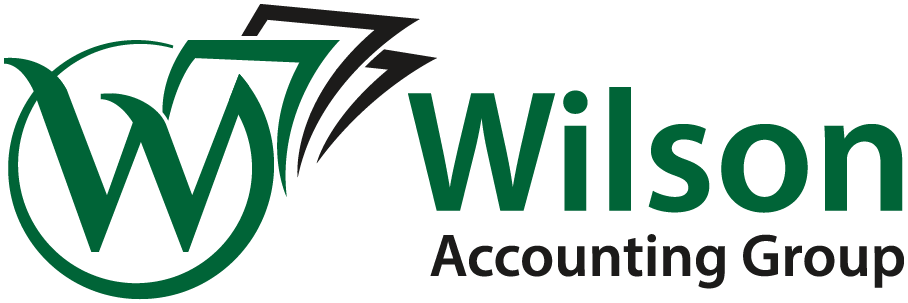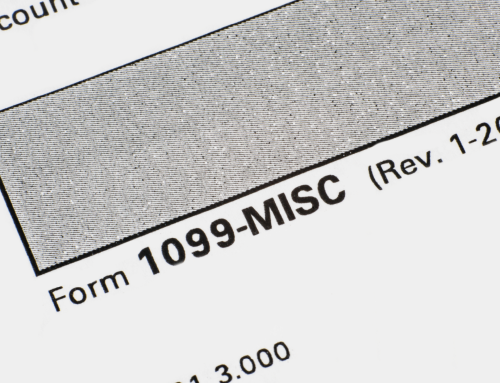Navigating the New Beneficial Ownership Interest Reporting Requirements for LLCs and Corporations
With the Corporate Transparency Act (CTA) now in effect as of January 1, 2024, businesses across the U.S. face new obligations to report beneficial ownership information to the Financial Crimes Enforcement Network (FinCEN). These rules aim to curb illegal financial activities by enhancing transparency, requiring entities to report their “beneficial owners”—those individuals who own or control 25% or more of the entity or exercise significant influence over its management.
Reporting Requirements for LLCs and Corporations
- Who Must Report: Most LLCs, corporations, and similar entities operating in the U.S. must file a Beneficial Ownership Information (BOI) report with FinCEN. For companies formed before January 1, 2024, the deadline to submit the initial report is January 1, 2025. Newly established entities post-January 1, 2024, have 90 days to file, though entities formed after January 1, 2025, must comply within 30 days of formation.
- What Must be Reported: The BOI report must detail each beneficial owner’s full legal name, birthdate, address, and an identifying number (such as a driver’s license or passport number) as well as the nature of their ownership or control. The report also requires information about company applicants if the entity was created after January 1, 2024, capturing the individuals who formed the entity or controlled its registration process.
- Compliance and Updates: Changes in beneficial ownership—such as transfers of significant shares or shifts in control—must be updated within 30 days to ensure accurate records. Failing to report, or submitting false information, can lead to daily civil penalties, and willful non-compliance may result in criminal fines and imprisonment.
Exemptions from Reporting
Certain entities are exempt from filing under the CTA, including:
- Public Companies: Entities with securities registered under the Securities Exchange Act, as their transparency requirements already meet federal standards.
- Banks and Credit Unions: Financial institutions regulated by government authorities, including banks and credit unions, do not need to file BOI reports.
- Inactive Entities: Certain entities inactive for the past five years and meeting specific criteria are exempt, provided they hold no assets or business operations.
- Governmental Entities: Entities created and operated by a governmental authority, like public utilities, are also exempt.
These exemptions provide relief for entities already subject to stringent regulatory oversight or those that present limited risks of illicit activities. However, non-exempt businesses must actively prepare to meet the compliance requirements by the relevant deadlines to avoid penalties.
With the CTA’s broad implications, especially for small and closely-held businesses, it’s crucial to understand the new regulations fully. For guidance through the compliance process, consulting with financial and legal experts can help ensure timely and accurate reporting.
For further clarification on beneficial ownership compliance and how Wilson Accounting Group can support your business, feel free to reach out or schedule a consultation today.







